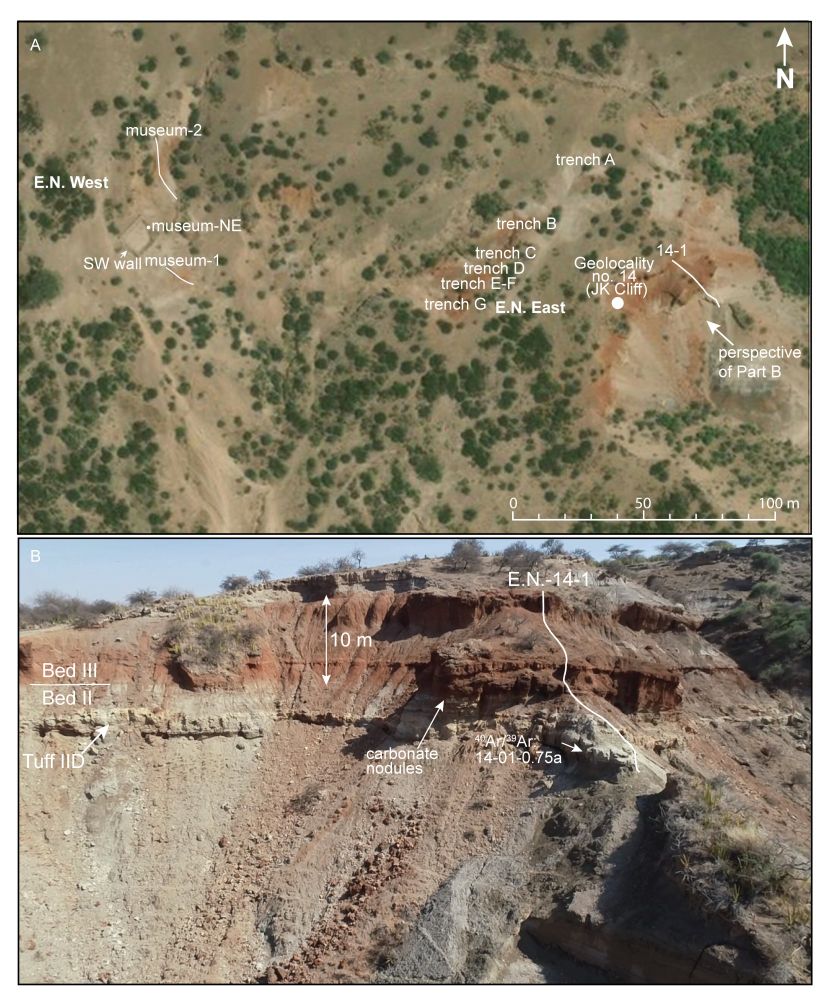
"Position Description: The McMaster University Department of Anthropology invites applications for a tenure-track position at the rank of Assistant Professor to begin July 1, 2026. We are looking for a candidate whose theoretical approaches, methods and area of research complement current faculty strengths, with preferred skill sets being archaeological science, with preference, but not limited to palaeoethnobotany, and/or zooarchaeology. While the geographical area of specialization is open, preference may be given to those who work in the archaeology of North America, not least the Eastern North America/Great Lakes region. The successful candidate will hold a Ph.D. in Anthropology or a related discipline at the time of appointment and should have a demonstrated record of teaching excellence at the undergraduate level. They will also demonstrate strong potential for outstanding teaching contributions at both the undergraduate and graduate levels, and an ongoing commitment to academic and pedagogical excellence in support of the department’s programs. At the undergraduate level, the appointee will be expected to teach introductory as well as more advanced courses in areas of their expertise. At the graduate level, the appointee will teach courses and supervise students as their contribution to the Master’s and Ph.D. programs in Anthropology. The person who fills this position is expected to contribute to the department’s supportive and collegial working environment, and to make

substantive contributions through service to the department, the Faculty of Social Sciences, the University, and/or the broader community. Salary will be commensurate with qualifications and experience. The typical teaching load in the Anthropology Department is 2 courses per term (4 per academic year), plus graduate supervision. The department hosts an M.A. and a PhD Program in Anthropology. The successful candidate’s teaching will also contribute to the interdisciplinary minor in Archaeology, and potentially those in Sustainability, and Food, Nutrition, and Environmental Health. For information about the Department of Anthropology, visit our webpage. McMaster University consistently ranks among the top 5 research-intensive universities in Canada and among the top 100 universities worldwide. It has a strong focus on community-based research and experiential learning that complements classroom studies with hands-on experience. The Department of Anthropology provides a strong, supportive, and collaborative research culture, building the research capacity of faculty and graduate students. How to Apply: Applications for the position should be submitted online and shall include the following: • Letter of application describing how the candidate meets the selection criteria outlined above, their candidate’s current and future research, their collaborations, how their research integrates with McMaster Anthropology, their service experience, and their non-academic stakeholder engagement. The letter and, if applicable, should also note the impact that career interruptions may have had on research productivity (max. 2 pages). • Curriculum vitae

Statement on teaching experience, philosophy/innovations and topics to be taught at McMaster. (max. 1 page). • Statement of the candidate’s experience and plans for advancing equity, diversity, inclusion, and/or Indigenous reconciliation (max. 1 page) Name, title, phone number, and email address of at least three (3) referees. Letters of reference are not required and will not be reviewed at the application stage; letters of recommendation from referees will be requested at later stages of the search process. Review of applications will begin on Wednesday, November 26, 2025, and will continue until the position is filled. Inquiries about the position should be directed to: Dr. Tristan Carter, Professor, Search Committee Chair and Department Chair (anthchair@mcmaster.ca). All qualified candidates are encouraged to apply; however, Canadian citizens and permanent residents will be given priority. To comply with the Government of Canada’s reporting requirements, the University is obliged to gather information about applicants’ status as either Permanent Residents of Canada or Canadian citizens. Applications need not identify their country of origin or current citizenship. However, all applicants must include one of the following statements: • Yes, I am a citizen or permanent resident of Canada • No, I am not a citizen or permanent resident of Canada Commitment to Inclusive Excellence: The diversity of our workforce is at the core of our innovation and creativity and strengthens our research and teaching excellence. In keeping with its Statement on Building an Inclusive Community with a Shared Purpose, McMaster University strives to embody the values of respect, collaboration and diversity, and has a deep commitment to employment equity, inclusion and belonging.

The University seeks qualified candidates who share our commitment to equity, diversity, inclusion and belonging, who will contribute to the diversification of ideas and perspectives, and especially welcomes applications from First Nations, Métis and Inuit peoples, racialized persons, persons with disabilities, women, and persons who identify as 2SLGBTQIA+. Job applicants requiring accommodation to participate in the hiring process should contact the Hiring Manager or designated individual specified on the job posting. Alternately, Job applicants may also contact: • Human Resources Services at 905-525-9140 ext. 222-HR (22247) to communicate accommodation needs. Applicant Diversity Survey Statement: As part of McMaster’s commitment, all applicants are invited to complete a confidential Applicant Diversity Survey through the online application submission process. The survey questionnaire requests voluntary self-identification in relation to equity-deserving groups that have historically faced and continue to face barriers in employment. Please refer to the Applicant Diversity Survey - Statement of Collection for additional information. Additional Information Learn More about McMaster’s Employment Equity Program.
Join me at McMaster! We are hiring an archaeologist scientist with preference (but not limited to) PEB and/or zooarchaeology. Geography open, although preference for North America, especially Eastern North America/Great Lakes region. Applications due November 26th! (Pls share widely.)
08.09.2025 19:32 — 👍 9 🔁 7 💬 0 📌 1




